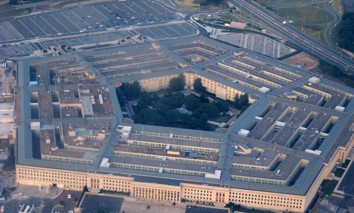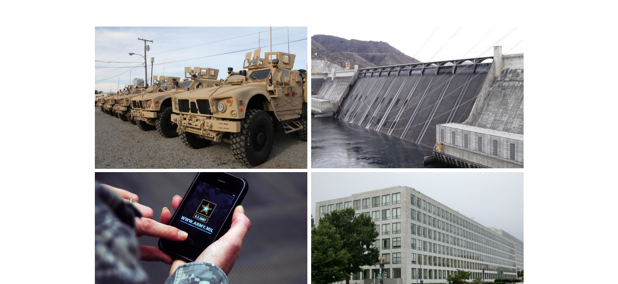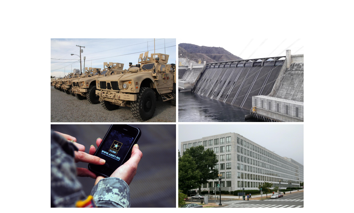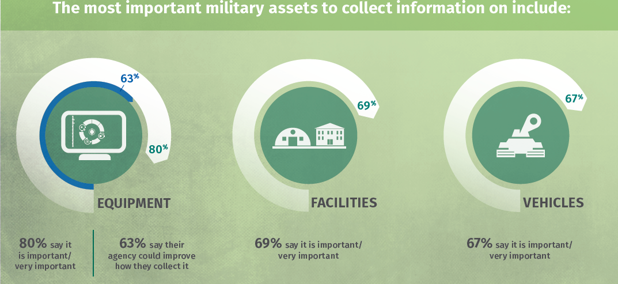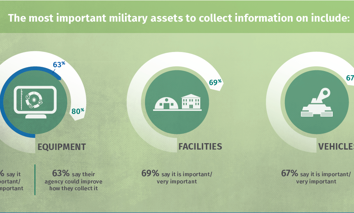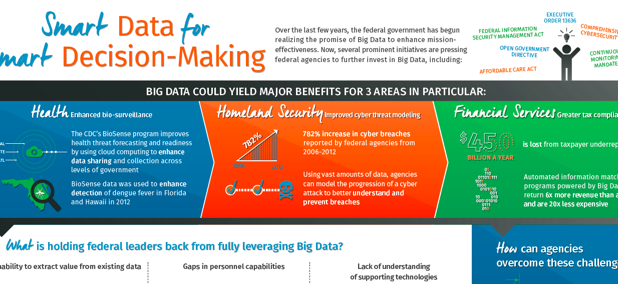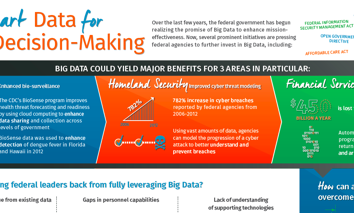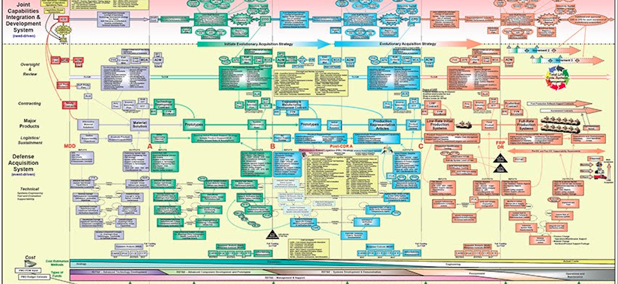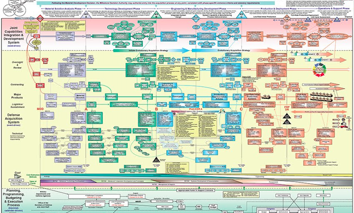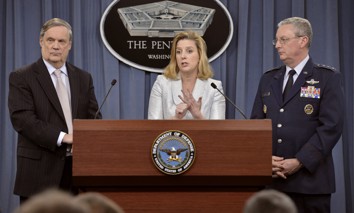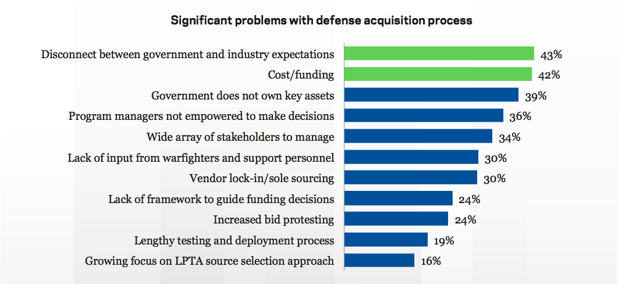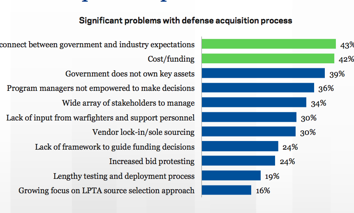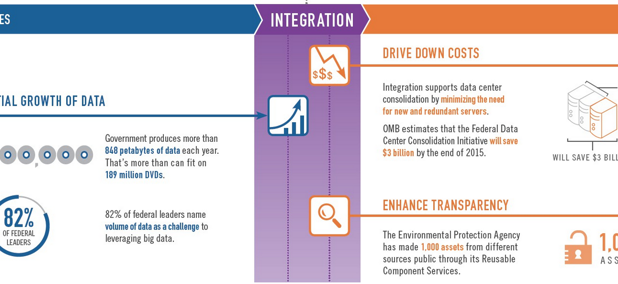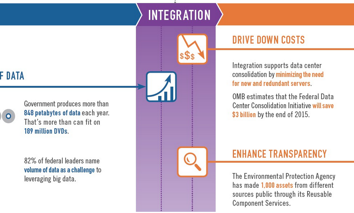Insights
What a Return to Sequestration Means for DoD, in 3 Graphs
The Department of Defense is determined to avoid the return of sequestration-level funding, or at least to let policymakers know exactly how much it will cost U.S. national security.
Insights
Improving Information Collection to Enhance Mission Effectiveness
From military vehicles and weapons systems to federal facilities and utilities, information collection is increasingly essential for federal agencies' missions. To achieve their ambitious goals, ranging from Pentagon audit-readiness to sustainable infrastructure, agencies will need to boost information collection capabilities.
Insights
Enhancing DoD Mission Effectiveness Through Wireless M2M
As the military withdraws from Afghanistan, meets budget reduction requirements, and redeploys around the world in a new era of defense, collecting information on its assets is increasingly important.
Insights
Information Collection: The Key to Better Decision Making
Information on equipment, facilities, utilities, vehicles, and other assets has never been more important for agency mission execution, but collection continues to pose a challenge. To make information collection more efficient and effective, federal agencies can take advantage of existing communication technologies.
Insights
Information Collection at Core of Continuing Contractor Accountability Issues
More than two years after a government watchdog reported tens of billions in contracting waste in Iraq and Afghanistan, federal agencies continue to struggle to account for contractor activity.
Insights
Smart Data for Smart Decision-Making
The federal government has begun realizing the promise of big data to enhance mission-effectiveness, but gaps in capabilities and understanding could hold agencies back from fully leveraging it.
Insights
Defense Acquisition Reform: Is Something Different this Time?
Defense acquisition reform has recently become a hot topic again for the defense community. Though acquisition reform has been attempted again and again over the last 50 years, circumstances today suggest structural reform may actually be possible now.
Industry Insights
Why Public-Private Partnerships are Essential for Critical Infrastructure Cybersecurity
Cyber threats to U.S. critical infrastructure continue to grow in number and sophistication. To mitigate these threats, government and industry can work together to develop a healthy information sharing partnership.
Insights
Does Federal Employee Performance Matter? Two Graphs Suggest Not
Survey data from the 2013 Federal Employee Viewpoint Survey and a recent GBC study suggests agencies have a long way to go to meet high-level performance goals.
Briefings
Smart Data Briefing Event Recap
GBC and Booz Allen Hamilton teamed up with KCnext to present new research on the impact big data is having across the federal government. The Twitter-sphere offers a brief but informative recap of the event.
Insights
The 2014 QDR: A Pentagon Strategy that Delivers, well, Strategy
Using a 2010 panel's recommendations as a guide, the 2014 QDR shows the Pentagon is making progress on several fronts.
Insights
Bridging the Disconnect: The Government-as-Integrator Approach to Streamlining the DoD Acquisition Process
Shrinking budgets and a quickly evolving threat landscape have prompted senior leaders in the Department of Defense and Congress to push for defense acquisition reform. Though DoD has begun making changes, a fundamental restructuring of how governments works with industry to supply the military may be necessary.
Briefings
Social Diplomacy in Action in Ukraine
A U.S. ambassador's use of Twitter during the Ukrainian revolution reveals the value of social media for diplomacy.
Insights
4 Keys to Thwarting Insider Threat
At a recent Nextgov event, one of the Pentagon's top counterintelligence officials offered four recommendations for preventing insider threat.
Insights
6 Things to Look for in the 2014 QDR
A 2010 independent review panel appointed by Congress offers benchmarks for evaluating the 2014 QDR.
Insights
Leveraging Analytics to Strengthen National Security
The recent proliferation of data-producing technologies has generated new challenges for the U.S. national security community. Chief among these are cybersecurity, terrorism financing, insider threat, and border security. In countering these challenges, the difference between catastrophe and security comes down to the ability to effectively analyze data.
Insights



